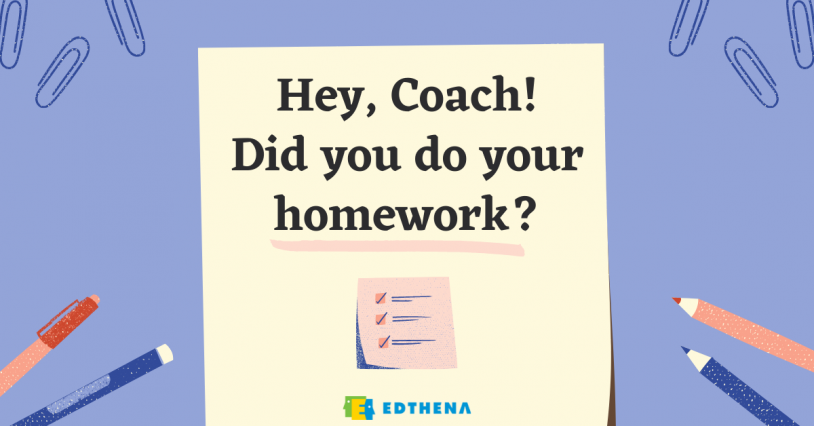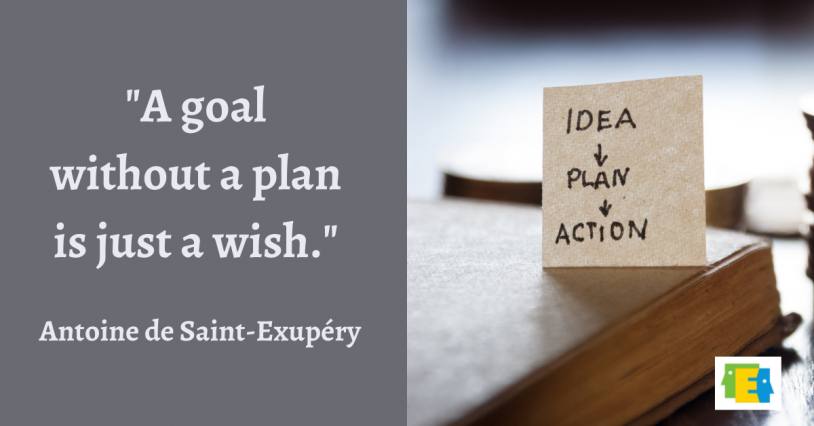Before, During, and After: A Coach’s Guide to Giving Effective Teacher Feedback
A quick message with glows and grows after a classroom observation is nice, but is it really effective teacher feedback?
Giving feedback to support teachers’ improvement is not as simple as sending an email with a two-paragraph summary of what you saw during a lesson. It doesn’t have to be difficult, but to give truly practice-changing feedback, you’ll need to be more intentional.
We’re breaking down the before, during, and after of how to give effective teacher feedback when observing classroom video — whether together or virtually — that will lead to stronger teacher progress and, in turn, better student outcomes.
Before you observe a teacher, do your homework
The most growth comes when you’re building on top of an existing foundation. Feedback to a teacher will be especially helpful when it is relevant to what they had been working on previously.
So, take the time to look back at the most recent notes you have for a teacher before observing them again. This will get you primed to build on the foundation of their teaching practice.
Here are some prompts to consider:
- What were their most recent strengths and growth areas?
- Had they noted anything they were having difficulty with or feeling excited about trying out?
- What are their (or the grade, department, etc.) and their students’ goals?
Also ask yourself, what would be helpful to make the most of what you’re observing? Perhaps this includes things such as the day’s lesson plan (easily attached to a video observation in Edthena), their own self-reflection of the lesson, or a list of the schoolwide improvement goals and priorities.
Having this background context will make what you’re observing more meaningful, and thereby your feedback more impactful.
During an observation, be a positive listener and viewer
Be ready to take in as much information from your virtual observation as possible, besides the teacher’s instruction. What do you see students doing? What do you see on the walls? What does student worktime sound like?
As you’re doing this, put on your asset-based thinking cap. If you’re watching ready to note down all the things the teacher is “doing wrong” and list out their areas for growth, don’t expect much to come from it.
Instead, be sure to capture their strengths and what’s working well. Positive feedback is a must for building confidence, as well as informing the teacher what they should continue doing and build off of.
In fact, 31% of comments left in Edthena are marked as strengths!
Also, keep your feedback concise and bite-sized. No one can improve on a dozen different things at once, so your feedback should leverage the key skills that will take their teaching practice to the next level.
Afterward, make that teacher feedback actionable
Effective teacher feedback is only effective if it’s turned into teacher action.
After noting your feedback and getting it ready to give to a teacher, ask teachers to respond and ask more questions about your feedback. 
Educators need to adopt ideas for change to continually increase their effectiveness. Have them identify a measurable goal.
This form of ownership over their next steps will help them internalize and be motivated about their continued progress. It also gives you as the coach what to put at the top of your list to ask the teacher and continue personalizing to their needs.
Hint: Commitments inside Edthena are a concrete, streamlined way for teachers to capture that next step!
To really increase the likelihood of taking action, be sure to have the teacher set a timeline for themselves. Just as they make unit plans to structure how students will learn and master content, teachers need a plan with a timeline for their skill development.
Effective teacher feedback is both an art and a science
By thinking about it more strategically before, during, and after the feedback process, you’ll ensure teachers can make the most of your support and truly use it to improve their practice.
We’ve got more resources for teachers and coaches here.

